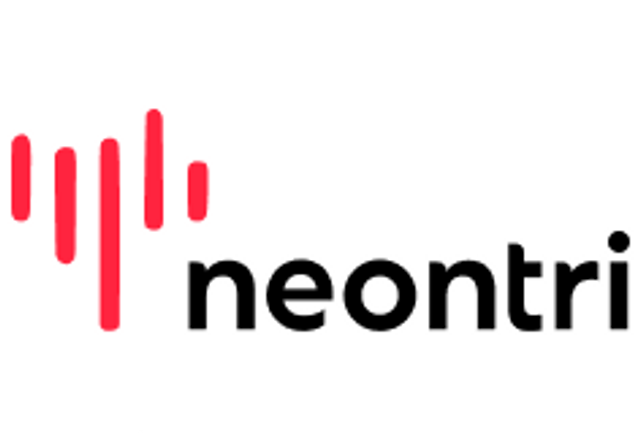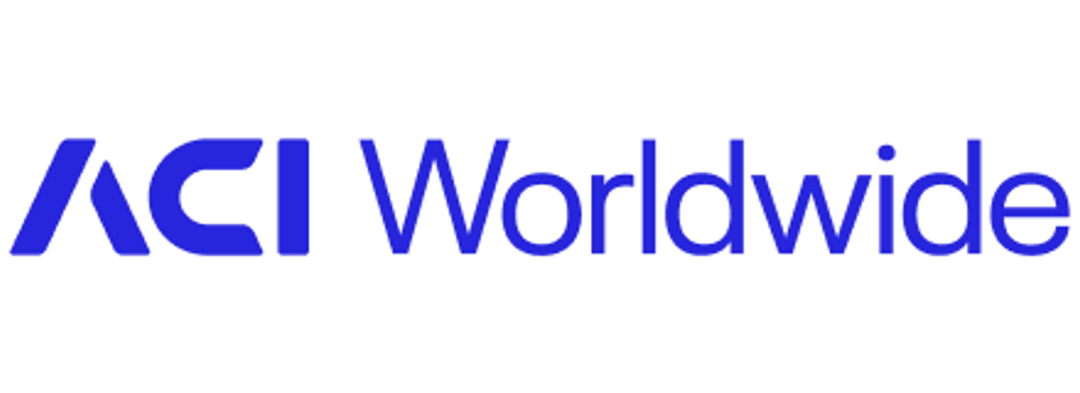Neontri and DataStax Deliver Real-Time Digital Banking Services for Leading Polish Bank
The banking industry has a huge amount of diversity when it comes to their information technology systems. Alongside the latest new software, many banks rely on systems that have been in place for years, even decades. Core banking applications run on mainframes that provide performance for those applications. Still, they are unsuitable for today’s modern digital banking services that must work in near-real-time. Neontri, a DataStax partner, is a consultancy and digital strategy company based in Poland that helps enterprises to modernize their technology stacks. For a leading bank in Poland with more than ten million customers, Neontri helped to update the financial institution’s infrastructure strategy so it could deliver digital services without completely overhauling its core infrastructure. To deliver on these demands and meet the bank’s customers’ expectations of a modern user experience, Neontri worked with DataStax.
- Implemented data offload for core banking applications
- Added full-text search for customer data in banking applications
- Delivered more transactions without affecting core systems
The Challenge
The banking world has changed significantly over the past few years. Customers now expect to get services from their bank at any time, day or night, using any device. Rather than only conducting transactions in a branch or over the phone, customers want to use apps or online banking services that provide the insight that they need to manage their money and understand their finances.
Banks benefit from offering these services as they can use data to improve and personalize services. The more interaction and engagement they deliver, the more data they can generate to further upsell and cross-sell opportunities, as well as help customers get what they need, precisely when they need it.
For one of the leading banks in Poland, this approach is critical to their success. With more than 11 million customers in Poland - and 10 million customers using its banking application - data is essential to the bank’s future strategy.
However, this increase in interaction puts pressure on the bank’s core applications and systems that were built and designed for batch processing rather than the continuous activity level created by online and mobile banking applications. A new approach was needed to deliver what customers expect around their online and mobile banking applications.
Marcin Dobosz, Director of Technology at Neontri, leads the company’s work with the bank and other financial institutions to improve their performance levels and ability to meet customer demands. “We saw that many of the banks we worked with had the same problems around performance and data. While they were experienced in working with core banking applications and data warehouses, they were not able to deliver that near real time experience to their customers. They found their existing applications under huge pressure to cope with the sheer volume of transactions taking place, let alone serve new applications or provide the user experience that customers take for granted,” says Dobosz. “Meeting that need was a significant challenge but also a great opportunity for us.”
The Solution
Dobosz and the team at Neontri looked at how to offload work from the core banking applications and deliver near-real-time data services for its customers. This would then be implemented in front of the bank’s core banking applications and serve customer requests directly. As part of this, Neontri would need a scalable, always-available database platform that would be able to manage the sheer volume of transactions that customers generate when using mobile and online banking services. For this, the team evaluated options from multiple companies and decided to work with DataStax.
“When we started building our approach, we knew we would have to deliver the same reliability and resilience that core banking applications can provide. From a data perspective, that meant looking for a database that could run in distributed environments and survive issues like nodes failing without affecting customer data or stopping transactions from taking place. At the same time, it would have to run and scale effortlessly so that we could support banks and their customers in near real time. Our search led us to Apache Cassandra and to DataStax,” explains Dobosz.
Dobosz and his team were impressed at how Cassandra could run across multiple locations while delivering on availability and scalability, as well as how DataStax provided support and services around Cassandra too. “Cassandra provides amazing write performance, so it can easily handle the volume of transactions created by online and mobile banking applications. It scales up by adding nodes, making it easier to manage from an infrastructure perspective. With this being banking data, we also needed support for this implementation. We chose DataStax for the understanding and expertise that the team displayed and for the enterprise-class features that were available alongside Cassandra,” says Dobosz.
The Results
Using DataStax, the Neontri team built a data offload system that would sit between customers using internet and mobile banking applications and the bank’s core banking applications. The new service provides responses to customers regarding their accounts, balances, and transactions on a near-real-time basis. Then it integrates with the core banking application on a batch basis to trigger payments and manage balances. This means that simple requests like a balance inquiry can be handled by the data offload service rather than requiring a full transaction in the core banking system to execute, while customers get the in-the-moment experience they expect.
“This approach takes a huge number of transactions off the core banking systems, so banks can run with their existing application deployments rather than needing to scale up or migrate to more expensive hardware. At the same time, they can easily add new services around customer interactions and data too,” says Dobosz. “For this bank, this means that they can deliver on their brand promise to customers by providing data and analytics services as part of their banking applications.”
Neontri designed the service to use its customized extract-transform-load (ETL) approach to get data into the new system and then integrated it with the bank’s existing banking APIs for management. “We were able to provide the same interface and experience as the existing banking system in our product, which made it much easier for the bank’s internal IT teams and developers to adopt. When we put the service in place, they switched over with no change to their processes,” says Dobosz.
This also made it easier for Dobosz and his team to expand the services that could be offered. “With all the user data held in our platform, we could aggregate and replicate banking transaction data from customers and then provide more services. For example, we added a secondary index for full-text search capabilities in the bank’s applications and services. This increased engagement with customers as they could get more out of their data, but it did not add any more load to the core banking applications. If the bank had previously wanted to add something like this, it would have been incredibly expensive to implement. Working with DataStax, we were able to deliver this easily, which makes our client very happy as they can serve their customers better,” says Dobosz.
Ultimately, Neontri’s approach has delivered better availability and service performance for this industry-leading Polish bank, as well as helping the bank meet their customers’ needs. “Data offloading is a very technical project, but it has enabled the bank to provide their customers with what they want from their mobile and Internet banking services. Achieving this needed the right partner, and we felt we had that right from the start with DataStax,” says Dobosz.
What's Next
"We're looking forward to DSE 6.9 for its advancements in real-time digital banking services. With features like the Vector Add-On and DataStax Mission Control, DSE 6.9 aligns with our goal of modernizing technology stacks for financial institutions, enhancing productivity, search relevance, and operational efficiency to better meet clients' needs," says Dobosz.




